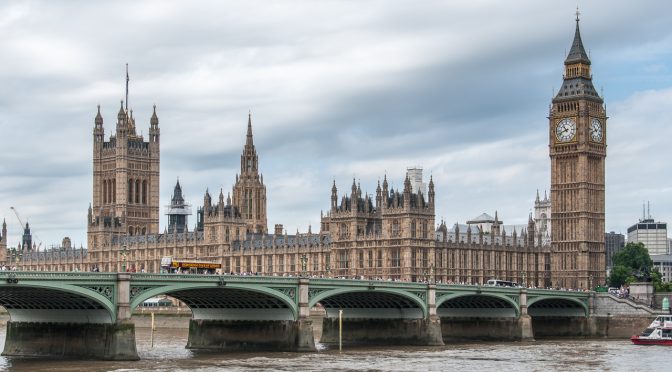British sex workers are jubilant as the parliamentary sex work inquiry, led by Labour MP Keith Vaz, has recommended scrapping laws restricting the sale of sex in the UK. While sex work is legal, sex workers have long called for complete decriminalisation. In particular, sex work activists have pointed at the brothel-keeping law which effectively prevents two or more women working together for safety.
The statement includes a quote from Vaz which strongly recommends the scrapping of these laws:
“Treating soliciting as a criminal offence is having an adverse effect, and it is that sex workers, who are predominantly women, should be penalised and stigmatised in this way. The criminalisation of sex workers should therefore end.
The current law on brothel keeping also means sex-workers can be too afraid of prosecution to work together at the same premises, which can often compromise their safety.”
This is fantastic for those who have campaigned to make life safer for sex workers. There are caveats, however:
“There must however be zero tolerance of the organised criminal exploitation of sex workers, and changes to legislation should not lessen the Home Office’s ability to prosecute those engaged in exploitation.”
So, for example, it is unclear whether a partner of a sex worker who works from home might still be criminalised. Such a statement suggests that full decriminalisation is not, in fact, on the cards – rather a loosening of existing laws. Nonetheless, life is set to become easier and safer for sex workers in general.
However, this is an interim statement, and there is a huge omission: the committee has yet to determine whether sex buyers will be criminalised under the so-called Nordic Model, which has been implemented in Sweden, Northern Ireland, and most recently in France.
“The Committee will evaluate a number of the alternative models as this inquiry continues, including the sex-buyers law as operated in Sweden, the full decriminalised model used in Denmark, and the legalised model used in Germany and the Netherlands.”
As I reported in my article about France, the introduction of the Nordic model was dishonestly presented as decriminalisation. A Twitter user suggested to me that:
“France is not banning prostitution actually quite the contrary. We are banning the buying of sex and de-criminilising prostitutes” [sic]
So the language of decriminalisation is malleable and slippery. Since “decriminalisation” has become a popular word, so prohibitionists have adopted it and changed its meaning. Shifting the legal burden from workers to clients is not, of course, decriminalisation – it just uses different tools to achieve the same ends; it would also make a mockery of a new law that allows brothels to be kept, but doesn’t allow anyone to visit them.
So there is certainly great cause for celebration, but perhaps the most important decision has been left to a later date. We await with interest.

One thought on “UK Committee Recommends Sex Work Decriminalisation (Kinda)”
Comments are closed.